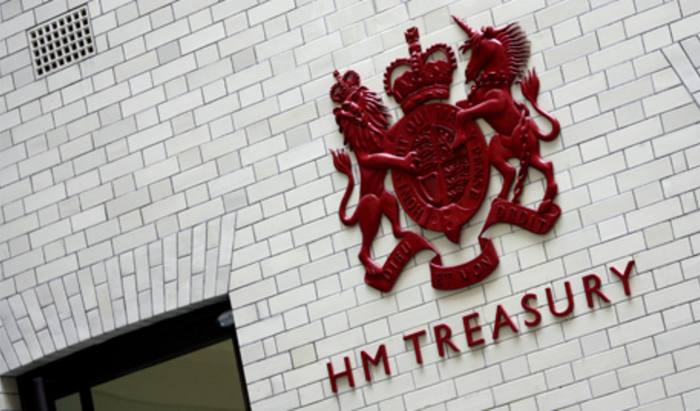
The government published its 2017 Finance Bill on Friday (8 September), which contains a range of measures that will impact investors and savers.
Many of the changes contained in the bill were expected in April but were postponed by the announcement of the snap general election.
Financial Secretary to the Treasury Mel Stride said the new bill will “pick up where we left off and legislate for the provisions that were introduced and withdrawn due to time constraints”.
Here are the main measures that were in it:
Cut to money purchase annual allowance
The money purchase annual allowance for those who have already accessed their pensions flexibly has been cut from £10,000 to £4,000.
Crucially, this measure is retrospective, for the current 2017 to 2018 tax year, meaning that some people who have already accessed their pension then paid more than £4,000 into it this tax year will face a tax bill.
The government has cited fears over pension recycling for this - the idea that people might take money out of their pension and then get a tax break from putting it back in.
“Those who have already used the pension freedoms since 2015 on the assumption they could still put £10,000 into their retirement pot each year will feel particularly hard done by, while the reduction also jars with the flexible working patterns that will become increasingly common in retirement,” said Tom Selby, senior analyst at AJ Bell.
Carolyn Jones, head of pensions at Fidelity, described the decision as “nonsensical”.
She said: “The government had genuine concerns about recycling which it was right to examine carefully however, we have seen there is little evidence of behaviour driven by any dishonesty or urge to play the system.
"It appears that this change has been introduced to limit behaviours that do not exist,” she said.
“However, the impact of a cut in the MPAA will be felt in very real terms by consumers and employers alike.
"It is set to have a negative impact on employers who are already overburdened with red tape while younger and older consumers whose positive experience of the freedoms will now be coloured by what they may feel is retrospective barriers to getting their money.”
Cut in tax-free dividend allowance
A cut in the tax-free dividend allowance from £5,000 to £2,000 from April 2018 was contained in the bill.
This affects both those with dividends from shares and those who are self-employed through a limited company, who often pay themselves through dividends and a low salary to save on tax and National Insurance.
Experts said that investors should shift their dividend paying assets into tax-free wrappers such as Isas.
“Clearly a 60 per cent reduction in the dividend allowance will cause many investors to rethink the make-up of their portfolios from next year,” AJ Bell's Mr Selby said.
Mr Selby said: “The tax penalties on unwrapped dividend payments above £2,000 will be severe – 7.5 per cent for basic-rate taxpayers, 32.5 per cent for higher-rate taxpayers and 38.1 per cent for additional-rate taxpayers."





